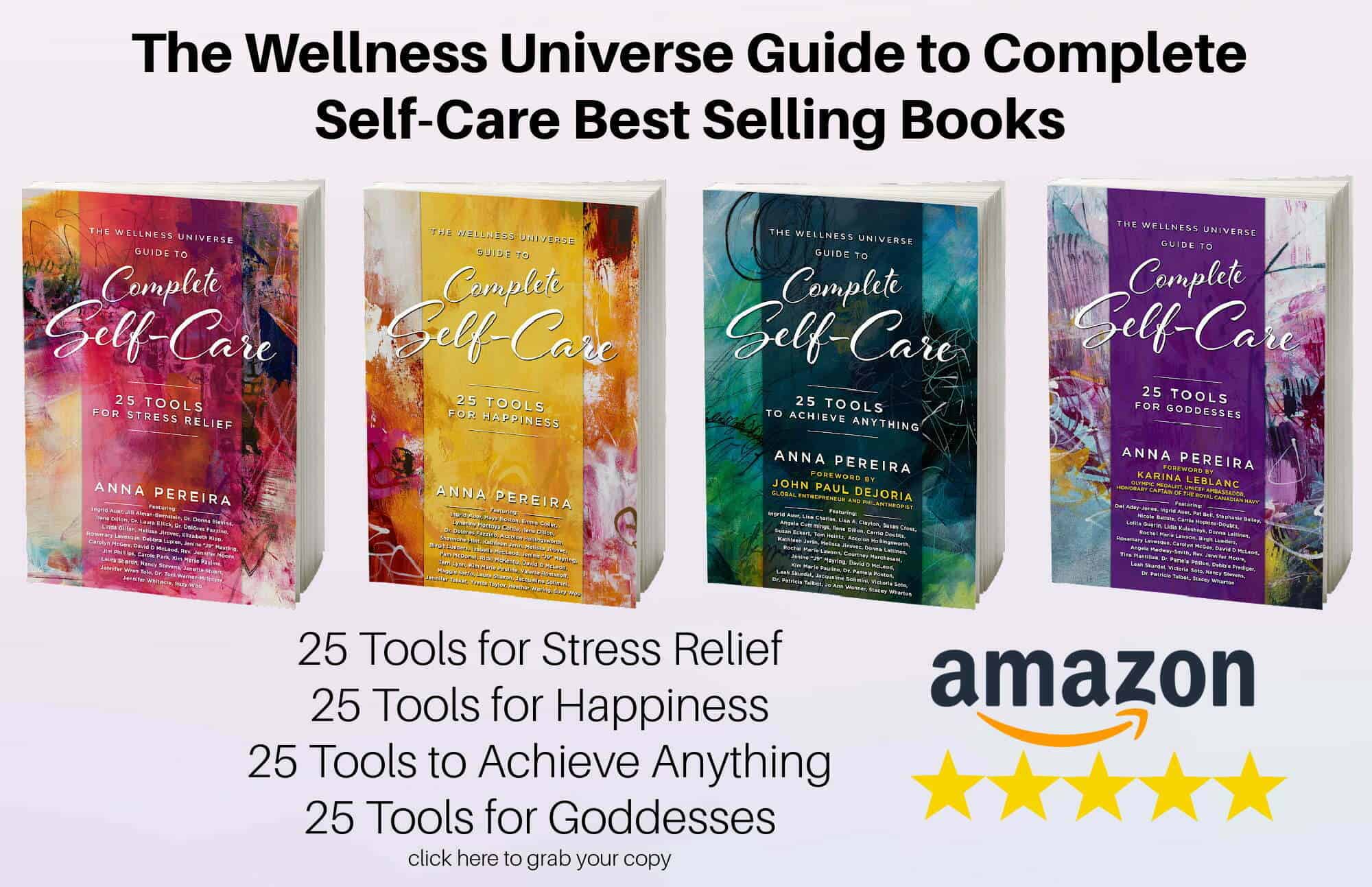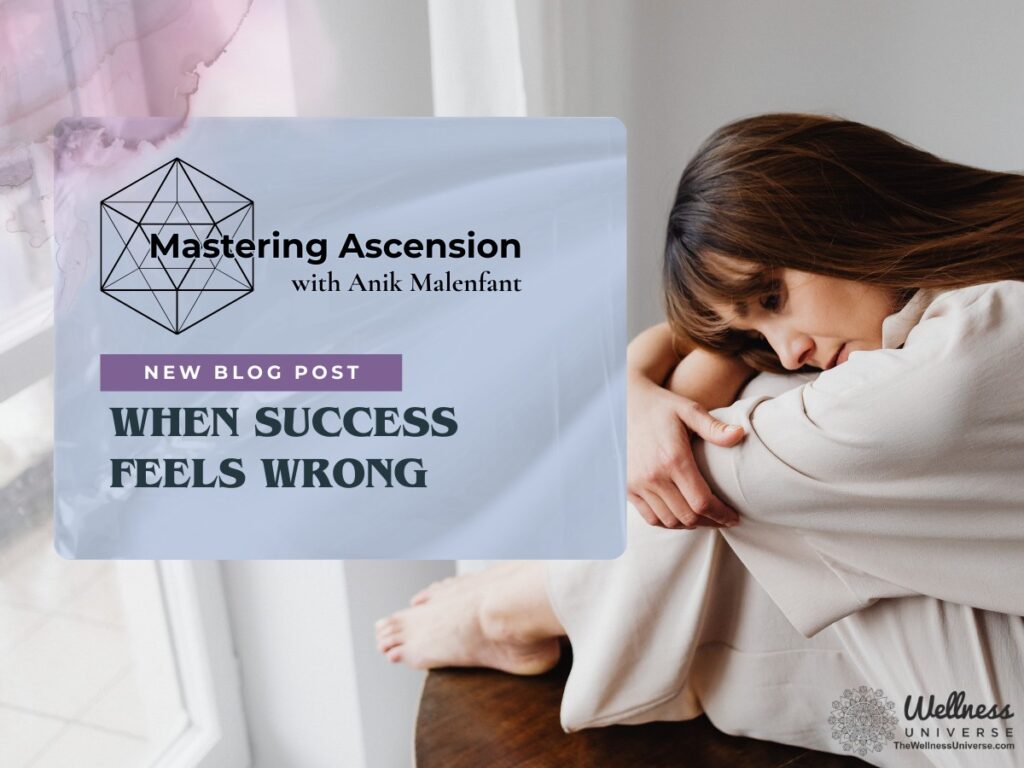Autism Spectrum Disorder (ASD) is a developmental disorder that affects individuals throughout their lives, including adulthood. While much focus is often placed on children with autism, it is equally important to understand and support adults on the autism spectrum.
What is Autism Spectrum Disorder?
Autism Spectrum Disorder is a neurodevelopmental condition characterized by differences in social communication and the presence of restricted, repetitive patterns of behavior, interests, or activities. The severity and combination of symptoms vary widely among individuals, which is why it is referred to as a “spectrum.”
Characteristics of Autism Spectrum Disorder
Social Communication and Interaction
Adults with autism may have difficulties with social interactions, understanding social cues, and maintaining conversations. They might struggle with making eye contact, interpreting body language, or understanding the nuances of social norms.
Repetitive Behaviors and Interests
Many adults with autism engage in repetitive behaviors or have highly focused interests. These can include repetitive movements, strict adherence to routines, or intense interest in specific subjects.
Sensory Sensitivities
Sensory sensitivities are common, where individuals may be overly sensitive to lights, sounds, textures, or other sensory inputs. Conversely, some may have a higher threshold for sensory input and seek out more intense experiences.
Cognitive and Learning Styles
Cognitive abilities in adults with autism can vary widely, from intellectual disabilities to exceptional talents in specific areas such as mathematics, music, or technology. Their learning styles may differ, often requiring unique educational or vocational approaches.
Challenges Faced by Adults on the Autism Spectrum
Employment Barriers
Adults with autism often face significant challenges in the workplace. These can include difficulties with job interviews, understanding workplace social dynamics, and adapting to new environments. Many adults with autism are underemployed or unemployed, despite having valuable skills and qualifications. Workplace accommodations and supportive employment programs are essential to helping them succeed.
Social Isolation
Social isolation is a major issue for many adults with autism. They may find it difficult to form and maintain friendships or romantic relationships, leading to feelings of loneliness and isolation. Social skills training and community programs that promote inclusion and interaction can help mitigate these challenges.
Mental Health Concerns
Adults with autism are at a higher risk for mental health issues such as anxiety, depression, and stress-related disorders. The struggle to navigate a world not designed for their needs can exacerbate these conditions. Access to mental health services tailored to the needs of individuals with autism is critical for their well-being.
Daily Living Skills
Some adults with autism may struggle with daily living skills, such as managing finances, maintaining personal hygiene, or cooking. Support in developing these skills can enhance their independence and quality of life. Structured support programs and individualized coaching can be particularly beneficial.
Employment Support
Employment is a critical aspect of adult life, and supporting adults with autism in the workplace involves several strategies.
Job Matching – Identifying roles that align with the individual’s strengths and interests can improve job satisfaction and performance. For example, individuals with strong attention to detail may excel in data analysis or quality control roles.
Workplace Accommodations – Simple accommodations, such as flexible scheduling, clear instructions, and sensory-friendly workspaces, can make a significant difference. Providing written instructions, allowing noise-canceling headphones, or modifying the workspace to reduce sensory overload are common accommodations.
Supportive Employment Programs – Programs that offer job coaching, mentorship, and on-the-job training can help adults with autism navigate the workplace. These programs can assist with job search, application processes, and developing workplace skills.
Social Support – Enhancing social skills and reducing isolation involves”
Social Skills Training – Programs that teach social interaction skills, such as initiating conversations, reading social cues, and understanding non-verbal communication, can be very helpful.
Community Involvement – Encouraging participation in community activities, clubs, and groups that match their interests can provide social interaction opportunities. Local support groups, social clubs, and recreational activities can offer valuable social connections.
Peer Support Groups – Peer-led groups where individuals with autism can share experiences and support each other can reduce feelings of isolation. These groups provide a sense of community and understanding.
Mental Health Support
Access to Specialized Therapists
Therapists trained in working with individuals on the autism spectrum can provide tailored support. Cognitive-behavioral therapy (CBT) and other evidence-based practices can be adapted to meet the unique needs of adults with autism.
Stress Management Techniques
Teaching stress management and coping strategies, such as mindfulness, meditation, and relaxation techniques, can help individuals manage anxiety and stress. Incorporating these practices into daily routines can significantly improve mental health.
Support Networks
Building a network of family, friends, and professionals who understand and support the individual’s needs is crucial. Regular communication and check-ins can help maintain mental health and provide the necessary support.
Life Skills Training
Life Skills Coaching
One-on-one coaching to develop skills like budgeting, cooking, and personal care can enhance independence. These coaches can provide practical guidance and hands-on training tailored to the individual’s needs.
Structured Programs
Programs that offer structured and systematic training in life skills can be very effective. These programs may include workshops, online courses, and community classes focused on practical skill development.
Technological Aids
Utilizing apps and technology to manage daily tasks, reminders, and routines can support independence. Apps designed for task management, time tracking, and daily planning can be valuable tools for adults with autism.
Creating an Inclusive Environment
Awareness and Education
Raising awareness and educating the community about autism can foster understanding and acceptance. Community education programs, public awareness campaigns, and training sessions for employers, educators, and service providers are essential.
Inclusive Policies
Developing policies that promote inclusion in workplaces, educational institutions, and community spaces is crucial. Policies should address accessibility, reasonable accommodations, and anti-discrimination measures to support individuals with autism.
Supportive Services
Ensuring access to supportive services, such as counseling, social work, and advocacy, can help individuals with autism navigate challenges. Collaboration among service providers, community organizations, and advocacy groups can enhance the support network.
Family Support
Respite Care – Providing respite care options to give families a break can prevent burnout and reduce stress. Respite care services can offer temporary relief for caregivers, allowing them time to rest and recharge.
Support Groups – Family support groups where caregivers can share experiences and strategies can be beneficial. These groups provide a platform for sharing resources, advice, and emotional support.
Educational Resources – Offering resources and training for families to understand autism and how to support their loved ones effectively. Workshops, seminars, and online resources can provide valuable information and strategies for caregivers.
Case Studies and Success Stories
Highlighting success stories and case studies of adults with autism who have achieved remarkable milestones can inspire and motivate others. These stories demonstrate that, with the right support, adults with autism can excel in various fields.
For example, consider the story of Temple Grandin, a renowned animal behaviorist and professor who has written extensively about her experiences with autism. Her achievements highlight the potential for individuals with autism to contribute significantly to their fields.
Another inspiring case is that of Dr. Stephen Shore, an autism advocate and professor who was nonverbal until the age of four. He has since become a prominent speaker and educator, advocating for the rights and abilities of individuals with autism. These stories underscore the importance of recognizing and nurturing the strengths and talents of adults with autism.
Supporting adults on the autism spectrum requires a concerted effort from all sectors of society to ensure that these individuals have access to the opportunities and support they need. With the right interventions and a supportive community, adults with autism can achieve remarkable success in their personal and professional lives, demonstrating that autism is not a barrier to a rich and meaningful life.
All information, content, and material are for informational purposes only and are not intended to serve as a substitute for the consultation, diagnosis, and/or medical treatment of a qualified physician or healthcare provider. The information supplied through or on this page, or by any representative or agent of The Wellness Universe, is for informational purposes only and does not constitute medical, legal, or other professional advice. Health-related information provided through this website is not a substitute for medical advice and should not be used to diagnose or treat health problems or to prescribe any medical devices or other remedies. The Wellness Universe reserves the right to remove, edit, move, or close any content item for any reason, including, but not limited to, comments that are in violation of the laws and regulations formed pursuant to the Federal Food, Drug, and Cosmetic Act. None of the posts and articles on The Wellness Universe page may be reprinted without express written permission.
Heart-Set Prosperity
Timeless wisdom and transcendental tools to amplify your prosperity consciousness, purpose, and positive impact.
Catch the replay – https://bit.ly/HeartSetProsperity

See how our self-care books are helping thousands of people around the world. Digital and paperback books are available now.
Connect to the people that help you live your best life: The Wellness Universe
The Wellness Universe is your resource for health, wellness, well-being, and transformation. We serve and support professionals who make the world a better place and individuals and groups who seek their best life.
A woman owned company; having the vision in 2013, Anna Pereira launched the first directory in 2015 bringing together a community of members making the world a better place to be found by those seeking their best life. The Wellness Universe has grown since then to be a one-stop shop for total wellness support! We are a vetted community, online directory, book publisher, resource center, event producer, content platform, and so much more, supporting whole-health and well-being on a global scale.
The Wellness Universe is a home that connects industry professionals in the health, wellness, and well-being fields to seekers of total well-being. WU provides our WU World-Changer members with peer support, Wellness Universe produced events (live and online), projects, visibility, business mentoring, and community. Through The Wellness Universe our WU World-Changer members serve WU Friends, seekers of health, wellness and transformation, with coaching, workshops, content and more.
The Wellness Universe provides individuals and groups seeking their best lives with access to our members, wellness content, educational resources, and guidance in all areas of wellness to transform visions of how they want to live life into the life they experience.
Through the directory, WU Featured Blog, SoulTreat wellness retreat, Self-Care Books, group well-being programs, and online learning center, The Lounge, The Wellness Universe provides many avenues to support whole health, mind, body, spirit and planet.
Join us today! Wellness Professional or Seeker of Your Best Life





